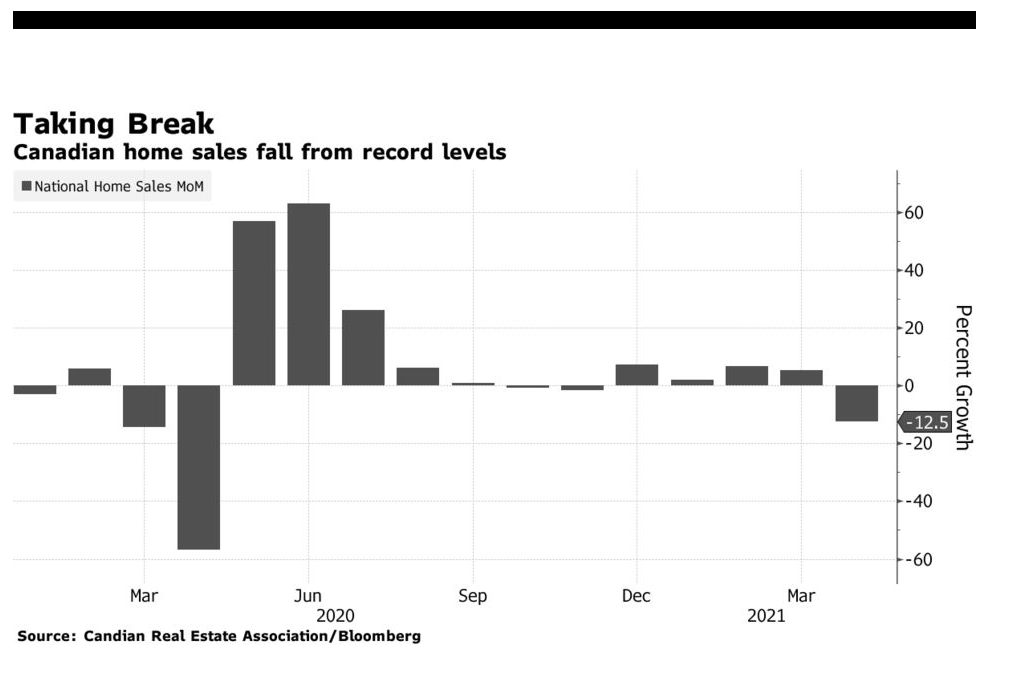It’s easy to say that 2018 will be a year of big change, because it seems like every year brings big changes when it comes housing in Vancouver, BC. Changes in 2018 will centre on a housing correction, with tackling household debt being Bank of Canada’s main focus. House prices will see a slowdown post-OFSI’s mortgage stress test which came into full effect earlier this month. The current real estate market is locally driven, with active first-time buyers being the primary driver within the 1-bedroom condo/entry-level segment.
1) Single-family home prices to cool off
Canadian single-family home prices are expected to cool significantly in 2018 now that tighter mortgage rules have come into effect and as further interest rate hikes are likely to dampen a market that has been stoked by cheap borrowing. According to a Reuters poll of analysts, Canada-wide home prices are expected to grow by just 1.9% next year after a gain of 8.5% in 2017.
In Vancouver, British Columbia (BC), which implemented its own tax on foreign buyers in 2016, is seen notching price gains of 6.0% this year before cooling to 4.6% in 2019.
Why the slowdown? One factor is home construction. Despite the anticipated slowdown in prices, groundbreaking on new homes is seen remaining robust with housing starts forecast to stay at or above 200,000 until the fourth quarter of this year.
2) Bank of Canada interest rates on the rise
The Bank of Canada raised its interest rate by 0.25%, three times in the past six months, with the latest increase on January 17, 2018. The most recent hike was baked into the economic data, and now it’s baked into the debt loads of Canadian households. Following the announcement, Canadian lenders hiked their prime lending rate by an equivalent 0.25%. This means instantly higher interest payments for borrowers carrying variable rate mortgages, HELOC’s, and lines of credit. Bank of Canada is expected to continue to hike its prime rate.
Many existing homeowners already having refinanced into a low-interest rate mortgage may be unwilling or unable to move up due to how expensive Vancouver housing has become. This lack of mobility can put pressure on the supply of entry-level housing.
3) More homes for sale
As a seller’s market emerges, homebuyers are struggling to find houses for sale. The shortages are especially acute for condos and townhomes, the types of homes that first-time buyers tend to get. Economists expect the construction of single-family houses to rise sharply in 2018, based on building permit applications.
Thankfully much-needed supply is on the way, a record 40,000 units are under construction. A huge portion of them will hit the market in 2018 after many projects have been delayed by nearly a full year due to a shortage trades.
4) The return of HELOC’s
Under OSFI’s new mortgage stress test, it will be tougher to qualify for a home equity line of credit (HELOC) with lenders. Despite this, according to a recent TransUnion study [1], 1.6 million homeowners are predicted to get new home equity lines of credit in 2018. This is a 16% increase over 2017.
According to the forecast, as rising home prices see many more homeowners tapping into their home equity, the three largest uses for HELOCs will be:
- Debt consolidation to a lower interest rate
- Financing a large expense such as home improvement
- Refinancing an existing HELOC or Home Equity Loan
5) Unaffordability rises
One could say Vancouver has always been unaffordable. In fact, Canadian Housing hasn’t been this unaffordable since 1990, according to a recent RBC real estate analysis [2]. That’s not to suggest anything is imminent, in fact, it appears affordability could be eroded further as interest rates are set to inch upwards in 2018.
We are estimating that for every $100,000 in mortgage debt, a 0.25% increase in prime would result in a monthly payment increase of $13.00. Since the first Bank of Canada rate hike in seven years back in July 2017, monthly payments on, for example, a $1M loan application, has increased by $390.
If you are currently in a variable rate mortgage, line of credit, or have high interest-debt you wish to consolidate and are concerned about further rate increases, please do schedule a call with me by clicking here or email me at Ajit(AT)LoanBox.ca and I would be happy to review your mortgage options together.
__________________________________________________________________
[1] TransUnion, “The Return of HELOCs: New TransUnion study sees interest in HELOCs rising”, accessed January 22, 2018, https://transunioninsights.com/heloc/
[2] RBC, “RBC Housing Affordability Report”, accessed January 22, 2018, http://www.rbc.com/newsroom/reports/rbc-housing-affordability.html


